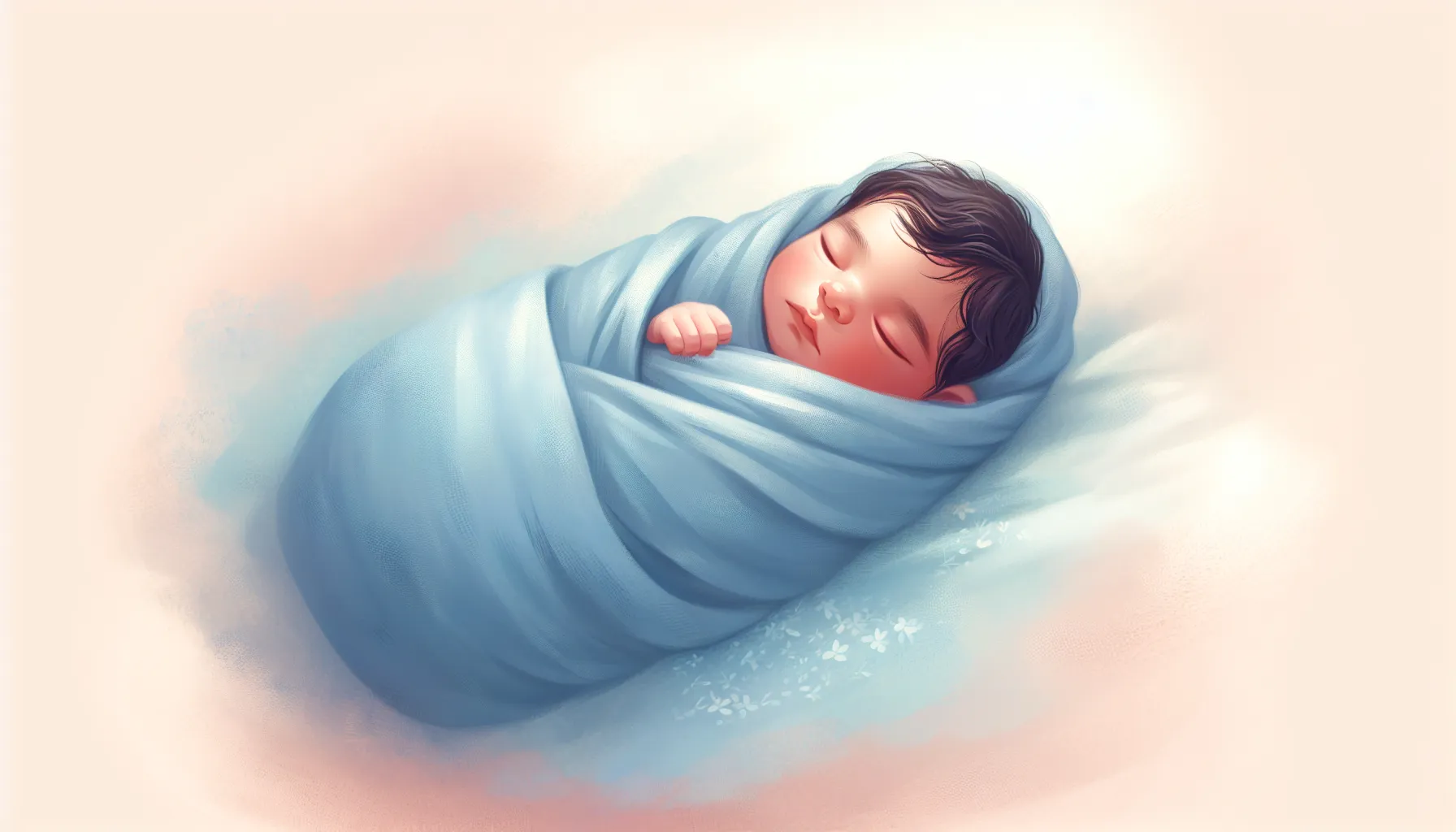Newborns seem to have a sneezing habit that could rival a seasoned allergist. Watching a tiny human let out a series of adorable sneezes can bring a smile to anyone’s face, but it raises a curious question: why do they sneeze so much? Is it their way of auditioning for a future in stand-up comedy, or is there something more to this nasal symphony?
Table of Contents
ToggleUnderstanding Newborn Sneezing
Newborns sneeze frequently, and several factors contribute to this behavior. Sneezing acts as a natural reflex, helping clear the nasal passages of irritants and mucus. Babies might sneeze due to exposure to environmental stimuli, such as dust, strong scents, or sudden changes in temperature.
Additionally, newborns possess smaller nasal passages, making them more sensitive to any irritants. An overproduction of mucus in their airway can also trigger more frequent sneezing. As their bodies adjust to their new environment, they might sneeze to adapt to airborne allergens or irritants.
Interestingly, many parents notice their babies sneezing after feedings. This phenomenon occurs because liquid can inadvertently enter the nasal passages, prompting a sneeze to clear it away. It’s essential for caregivers to understand that sneezing in newborns is often harmless, serving as a defense mechanism for maintaining clear airways.
In certain instances, sneezing could signal the onset of a cold or allergies, though these cases are less common. Monitoring for other symptoms helps distinguish normal sneezing from potential health concerns.
Overall, newborn sneezing typically reflects a natural and necessary response to their surroundings. Understanding this action can reassure parents and caregivers that their baby is merely adjusting to a world full of new sensations.
Common Causes of Sneezing in Newborns
Newborns sneeze for various reasons, and understanding these causes can reassure parents. Below are some common factors contributing to this behavior.
Nasal Irritation
Nasal irritation frequently triggers sneezing in newborns. Dust particles, strong odors, and even smoke can irritate their sensitive nasal passages. Sneezing functions as a reflex, clearing out these unwanted particles. When babies enter new environments, they often encounter irritants that prompt more frequent sneezing. Therefore, parents should monitor air quality and remove any potential irritants whenever possible.
Environmental Factors
Environmental factors significantly impact a newborn’s sneezing frequency. Changes in temperature, air humidity, or exposure to cold air can stimulate sneezing as well. Their small nasal passages make them particularly sensitive to these variances. Parents might notice an increase in sneezing during seasonal transitions or in poorly ventilated rooms. Maintaining a comfortable environment can help minimize these reactions and reduce sneezing episodes.
Allergies and Rhinitis
Allergies and rhinitis are also common causes of sneezing in newborns. Babies can develop sensitivities to substances like pollen, dust mites, or pet dander. Symptoms such as sneezing can arise as part of an allergic response. Parents may observe these reactions manifest during specific seasons or after coming into contact with allergens. Consulting a pediatrician for persistent symptoms helps identify suitable management approaches and ensures the baby’s well-being.
When to Be Concerned
Frequent sneezing in newborns is usually normal. Parents should stay alert for specific signs that might indicate underlying issues.
Signs of Underlying Issues
If the sneezing becomes excessive, other symptoms may accompany it, such as fever, cough, or difficulty breathing. Signs like a change in feeding patterns or unusual irritability can suggest a problem. Nasal discharge that changes in color or consistency may also point to an infection. Observing these symptoms closely helps parents assess their newborn’s health.
Consultation with a Pediatrician
Consulting with a pediatrician is essential for any concerns about a newborn’s sneezing. A healthcare professional can provide guidance on whether further evaluation is necessary. Parents should not hesitate to reach out if the sneezing persists for a prolonged period or is accompanied by other worrying symptoms. Professional advice ensures peace of mind and the well-being of the child.
Tips for Soothing a Sneezing Newborn
Newborns often sneeze due to their sensitive nasal passages. To soothe this, addressing environmental factors helps.
Humidification and Air Quality
Maintaining optimal humidity levels reduces nasal irritation. A humidifier can add moisture to the air, easing breathing. Dry air often aggravates sneezing episodes. Parents should monitor indoor air quality for dust, pollen, and other irritants. Regular cleaning can minimize allergens in the baby’s environment. Air purifiers may also remove pollutants, contributing to better air conditions. Ensuring proper ventilation benefits overall respiratory health. When the air remains fresh and clean, sneezing frequency may decrease.
Gentle Nasal Care
Providing gentle nasal care offers relief for a sneezing newborn. Saline nasal drops can moisten nasal passages, helping clear congestion. Parents can use a bulb syringe to gently suction mucus when necessary. It’s important not to insert anything too far into the nasal passages. Regularly clearing the nose prevents buildup that can cause sneezing. Keeping the baby’s head elevated during feedings may also aid in minimizing liquid entering the nose. Overall, consistent and gentle care contributes to a more comfortable experience for the newborn.
Conclusion
Newborn sneezing is a common and often adorable behavior that serves essential functions. Understanding the reasons behind this reflex can help parents feel more at ease. While frequent sneezing is typically harmless, being aware of environmental triggers and potential health concerns is crucial.
By creating a comfortable environment and monitoring for any unusual symptoms, parents can ensure their little ones remain healthy. Regular check-ins with a pediatrician can provide reassurance and guidance. Ultimately, a little sneezing is just one of the many ways newborns adapt to their new world.




